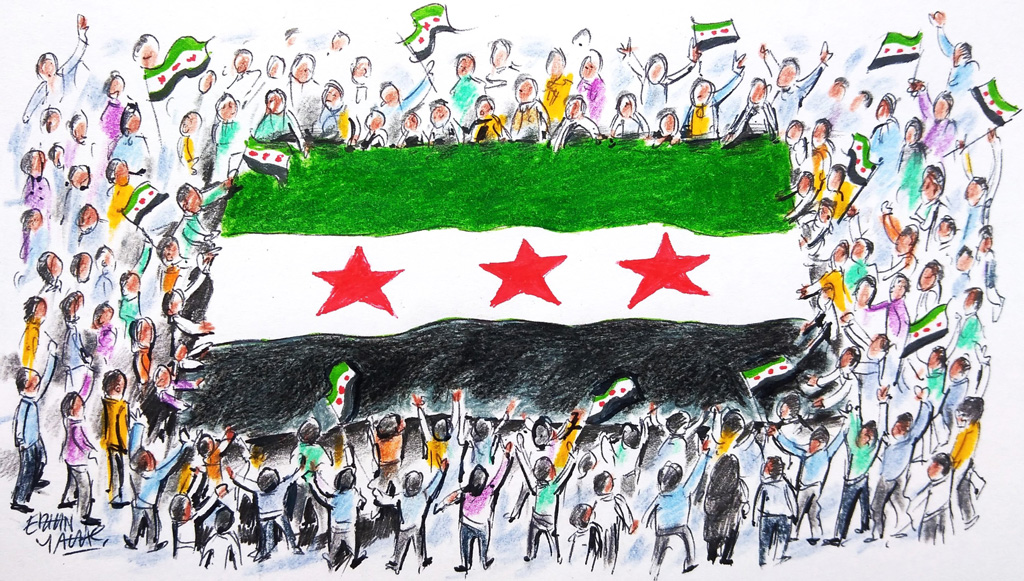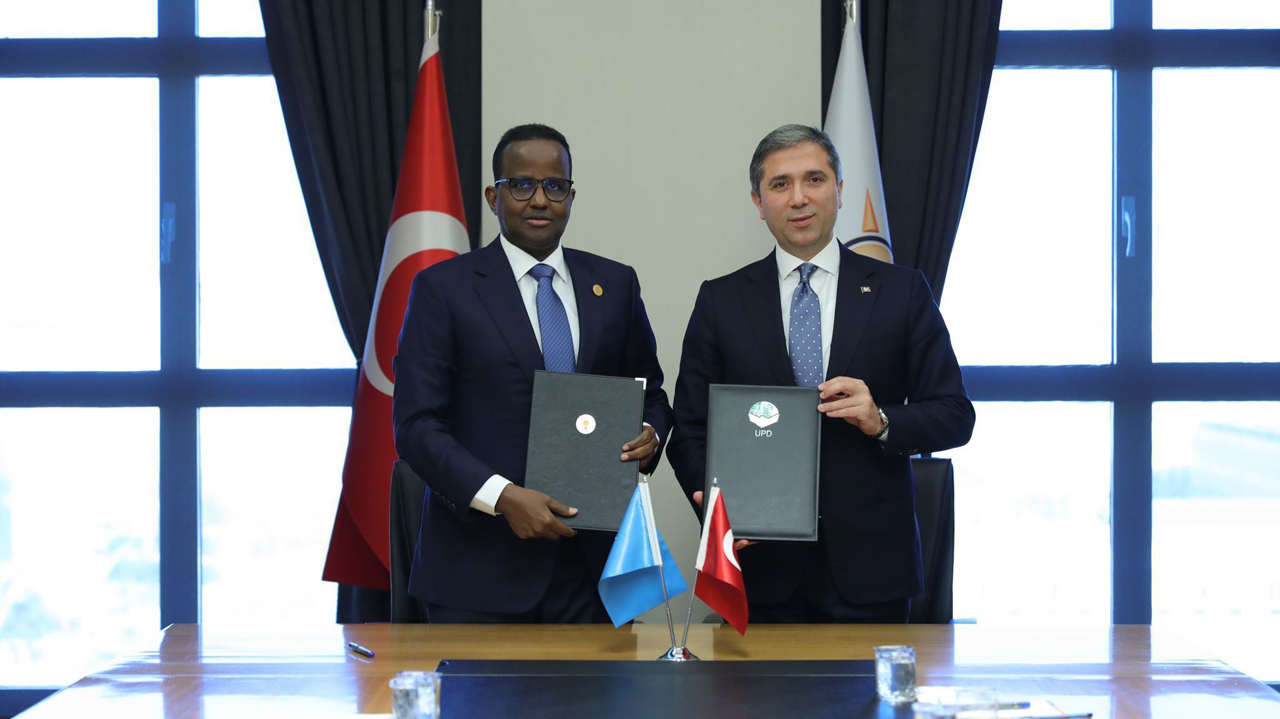Speaking to Milliyet columnist Fikret Bila, Prime Minister Erdoğan stated that Turkey is being forced to take sides in the Georgian conflict.
"Some are trying to push us toward the US and some toward Russia," said the prime minister. Underlining Turkey's strong alliance with the US but also acknowledging Turkey's expanding relations with Russia, Erdoğan said he "will not allow Turkey to be pushed to one side or the other. We will act in accordance with Turkey's national interests." Given Turkey's increasing trade volume with Russia and its energy dependency, Erdoğan added: "Turkey will observe a balance in tandem with its interests. It is not right to force Turkey to stand by only one side."
Is this a declaration of tacit non-alliance? Some observers think the Caucasus crisis has brought Turkey to the brink of a final choice between its traditional alliance with the Western bloc under the beret of NATO and its proximate region of Russia, the Caucasus and the Middle East. Some claim that it is time for Turkey to reconsider its NATO membership. The ultranationalists argue that Turkey should abandon NATO and join the non-alliance movement. The anti-NATO camp has a different agenda; they want to see Turkey move away from democracy and transparency, both of which are a condition and result of Turkey's strategic alliance with NATO as well as its EU goal. The hard choices brought before Turkey, however, do point to an essential problem in the current configuration of the Western bloc represented by NATO.
As the events of the last few years have shown, NATO is still thinking and acting within the parameters of the Cold War period. Some had hailed the end of the Cold War and the collapse of the Soviet Union as the death knell of the old regime but also of NATO. If there wasn't a communist threat, then there would be no need for such a military structure as NATO. Some had feared that this would also mean the diminishing of Turkey's strategic significance for the West. This did not happen. Turkey remains a key player in the region, a player that everybody wants to see on his side.
Why? This is something imposed by Turkey's geopolitical position. As history returns to Asia, that huge landmass of which Europe is only the Western front, countries in the region reach out for new opportunities. In this sense, the geopolitics of Turkey cannot be ignored in its NATO role. A national foreign policy must also be a regional foreign policy. Turkey cannot pretend to belong to a different geopolitical map. It does not have the luxury to think a mere alliance with the West will be sufficient for its national and regional goals.
Turkey is bound to tread a fine line between belonging to the Western bloc and its immediate environment. This does not mean abandoning NATO. What it does suggest, however, is that countries like Turkey can and should be part of a larger debate about NATO's priorities and modus operandi in the 21st century.
Turning globalization into an opportunity involves a dynamic foreign policy based on a non-isolationist regionalism. A "globalist foreign policy" that does not take into account Turkey's geo-political and regional priorities and concerns may have worked within a Cold War context. But it won't work now. The reason is that international politics are no longer dictated solely by clear-cut alliances and blocs vying for power and influence. There are intermediate categories that range from full alliance and cooperation to non-interference and restraint. We have seen these modalities in Turkey's policies in Iraq, the EU, Iran, Lebanon, Syria, Israel, Kosovo, Cyprus and the Black Sea. The Caucasus crisis presents yet another case in which Turkey will have to reject either/or propositions.
And this means Turkey will remain a NATO member but with a different and perhaps tacit non-alliance posturing until NATO and the Western bloc revise their priorities and move toward a new configuration of power in the Euro-Asian context.
Today's Zaman - 04.09.2008








